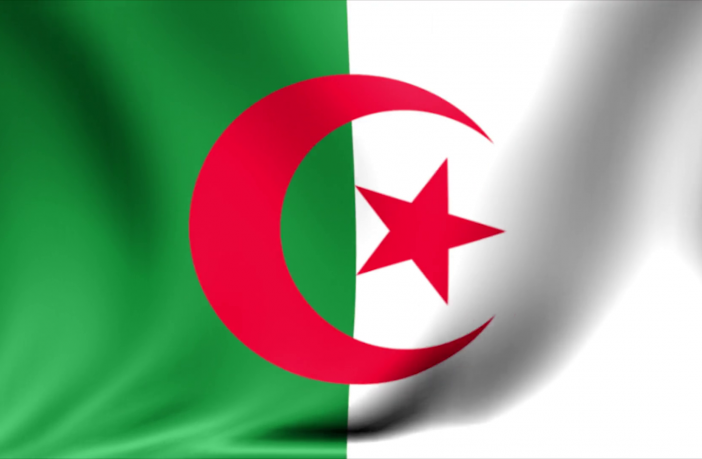News Flash
- The President of the Republic, Abdelmadjid Tebboune recently laid the foundation stone for the Cap Djinet seawater desalination plant in Boumerdes, as part of his working and inspection visit to the provinces of Algiers, Boumerdes and Tipaza.
Stretching over 16 hectares, the 300,000 m3 plant will help to improve the drinking water supply capacity of the inhabitants of the provinces of Boumerdes and Algiers.
On Wednesday 5 July 2023, Tebboune also laid the foundation stone for the Fouka 2 seawater desalination plant, in the wilaya of Tipaza. This second plant, the same size as the one at Cap Djinet, will be built on a 7-hectare site by the national company Cosider Canalisations, another AEC subsidiary. The aim is to provide drinking water to 3 million people in the western part of the Tipaza wilaya and part of the Blida wilaya by 2025.

Distribution of seawater desalination plants in Algeria. Image credit: ResearchGate
The projects are part of the development plan launched by the President of the Republic for the period 2022-2024, which provides for the construction of five similar stations in the provinces of Oran, Bejaïa, El Tarf, Boumerdes and Tipasa, each with a capacity of 300,000 m3 per day, which will increase the share of desalination in the production of drinking water in Algeria from 17% to 42%. The country currently has 14 seawater desalination plants.
Author: Bryan Groenendaal















